Total Therapy Blog
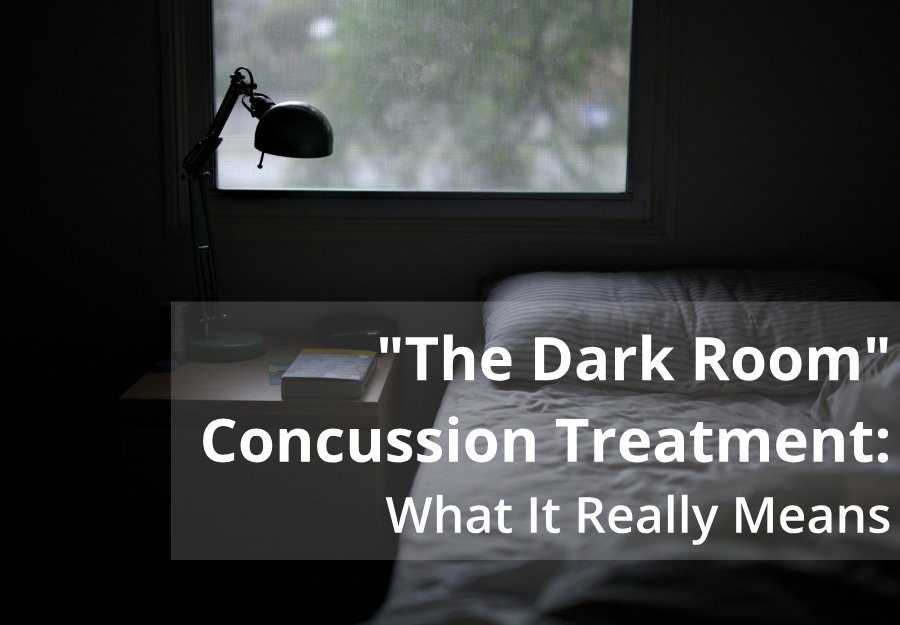
“The Dark Room” Concussion Treatment: What It Really Means
“The Dark Room” Concussion Treatment: What It Really Means
Only a few decades ago (from a time I remember, so I’m feeling pretty old right about now), the treatment for a concussion was to have the injured person rest, pretty much alone, in total darkness until they were completely well.

We know better now, but let’s not entirely discredit the previous generation of healthcare professionals who were dealing with concussions.
A concussion is when you’ve literally bruised your noggin’. Without getting too deep into the physiology (but trust me it’s pretty cool), basically the brain experiences an overall net loss of energy, ie. you are loooow on battery. The brain wants energy from glucose, but the bruising means there isn’t enough blood flow bringing it in. Side note: the brain uses 70-80% of its power for visual processing. It eats up your battery fast– you know the kind of apps I’m talking about– so you need to go into battery saver mode and stop using it.
So, during the acute phase, that old recommendation of hanging out in a dark room was right about some stuff:
- You CAN stay in your dark bedroom if you need to, to cut down on visual processing. This is a time for a temporary halt or significant decrease in reading, writing, watching screens, and even going for strolls (having to keep track of your surroundings is a lot of visual processing!).
- You DO want to cut down on physical activity. Decrease your physical activities waaaay down to what you can tolerate, ‘cause when you exercise, energy is diverted from the already-starved brain to your working muscles.
- You CAN isolate yourself if socializing is taxing. Socializing involves a lot, including cognitive processing, exercising short-term memory, and multitasking. It eats up tons of energy and can tire out even a non-concussed brain! Remember that decreased energy levels can alter your mood and functionality, e.g. how you feel in the morning pre-coffee, or when you’ve neglected your stomach and you reach dangerous hanger levels. If you’re just not up for it, cuddle up in your room and recuperate.
But the dark room method can get lonely and boring. The guidelines are too vague and they don’t let you feel empowered or in control.
- You CAN also hang out in a room with tolerable light– this isn’t Bird Box and you’re allowed to use your eyes in moderation. No need to be holed up like Gollum if you don’t want to, my precious.
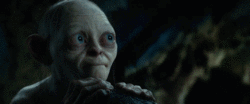
- You CAN walk around rather than sticking to your dark cave. Go walk to another room, stretch, and just be in an new environment if you want to! Avoid unfamiliar environments (remember: limit visual activity), but move around as you can. Movement stimulates overall blood flow, so as long as you aren’t over-exerting yourself, you’re helping to pump more glucose up to the brain.

- You CAN continue to use that other 20-30% (other sensory and cognitive processing). Discovering music, checking out podcasts, indulging your inner child by having a soothing audiobook read you a story, meditate, philosophize… Hearing, touch, smell, and taste are all up for grabs, as is thinking!
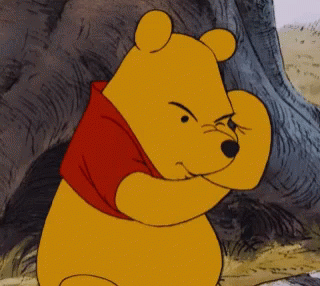
- You CAN still have friends and family keep you company. You aren’t in quarantine! Give them a heads up on your status and let them know gently that you may need to ask them to leave if you’re feeling overwhelmed, getting irritable, or your symptoms worsen.

After 7-10 days you should feel better and get back to your life. If you are still not feeling 100%, you may be experiencing post-concussion syndrome. Maybe the brain’s hunger for energy still isn’t satiated (as in, you didn’t rest enough or effectively, you busy bee!); or perhaps your visual processing is having a hard time re-adjusting (it’s highly complicated after all). If you are experiencing post-concussion syndrome symptoms, healthcare professionals such as doctors, chiropractors, physiotherapists, and kinesiologists can help pinpoint the problem and create specific exercises (usually involving the vestibular and/or visual systems) to help you return to work, play, and whatever else may be missing. We have a number of therapists trained to work with post-concussion patients. Give us a call today at 1 of our 3 locations!
Reference:
Concussion care: clinical training and education for the healthcare provider. Shift Concussion Management, Inc., Guelph, ON, 2017.


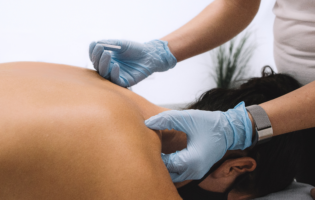
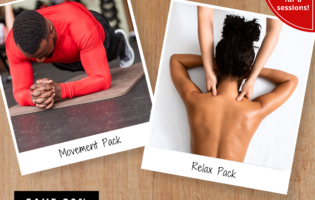



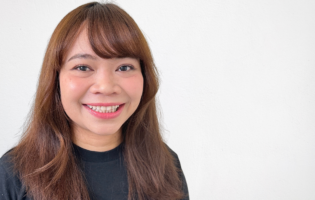
Follow Us!
& Stay Up To Date
BLOG